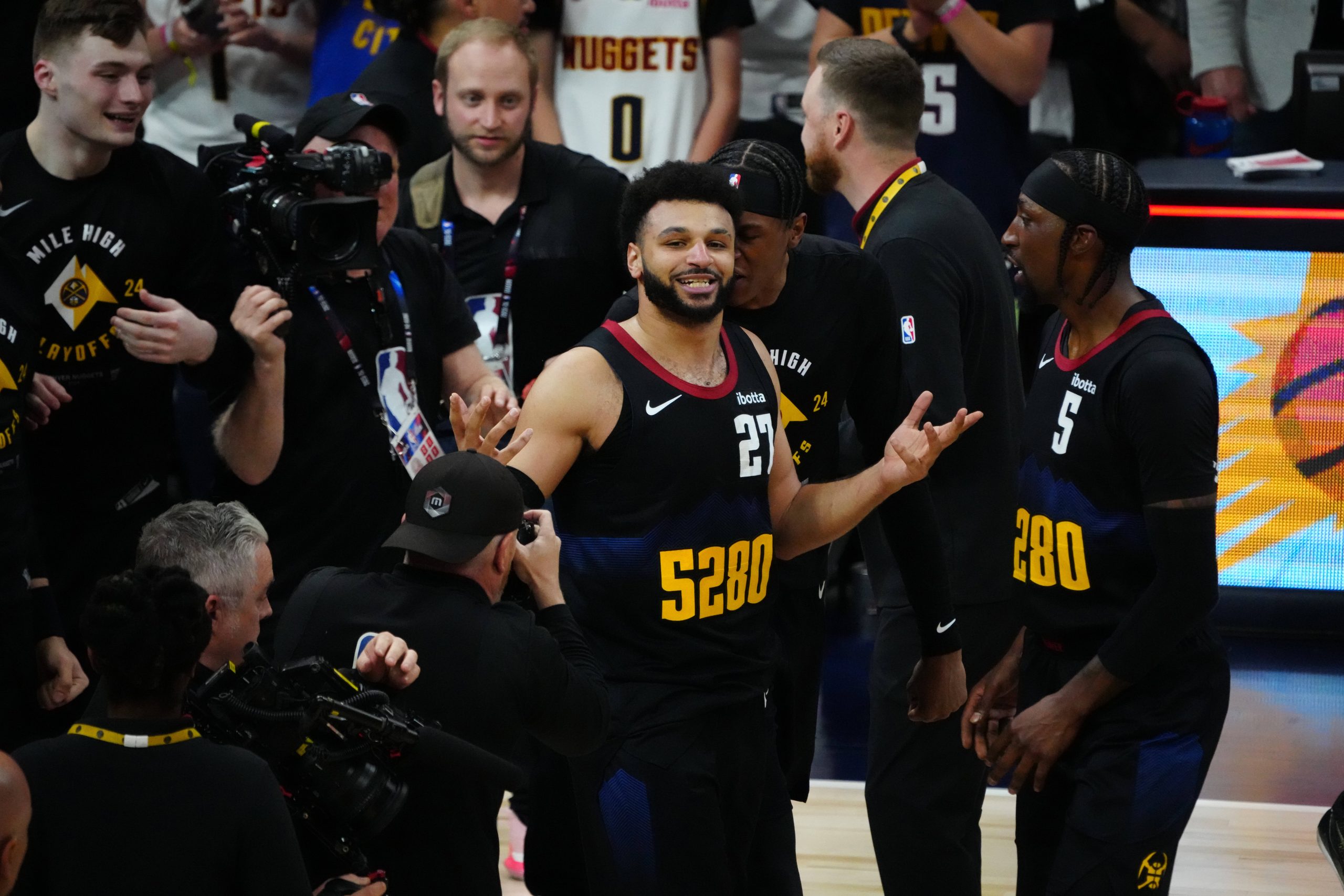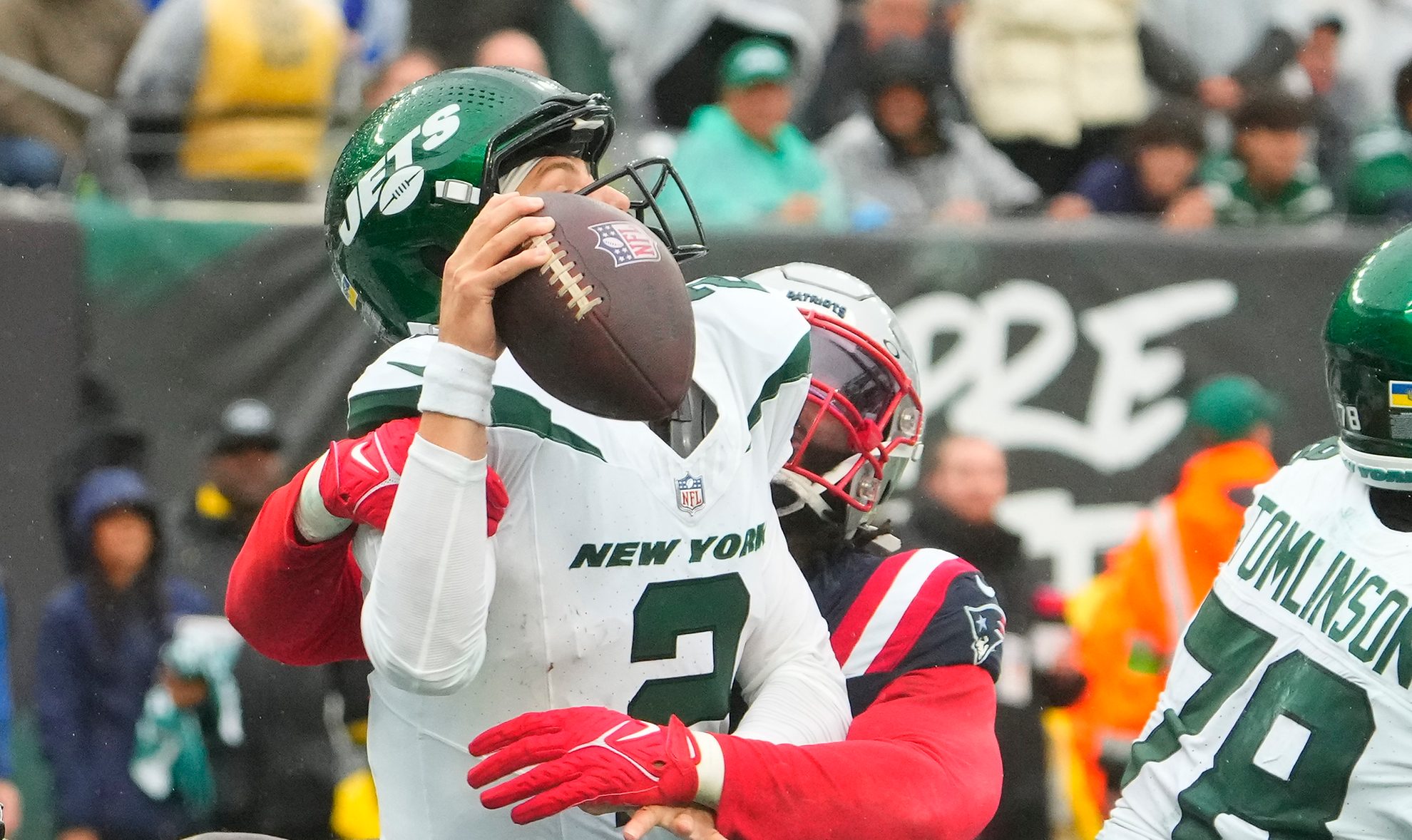Despite the league’s best efforts, the average baseball game is getting longer.
According to ESPN’s Buster Olney, the league could now take the dramatic step of installing a pitch clock in 2018 to speed up the pace of play, possibly leading to the advent of robot umpires.
Baseball officials and players may ultimately embrace — or confront — two words that seemed unimaginable even five or 10 years ago: pitch clock. And as the union and MLB exchange ideas in the months ahead, some players privately hope that part of the solution is the advent of an electronic strike zone, which they believe could serve to move the games along as much as a time limit between pitches.
There will be change between now and the start of the 2018 season, because under the terms of the CBA, MLB can effect rule changes unilaterally if it cannot reach an agreement with the union. The power to alter the rules to accelerate the pace of action — or to forcibly negotiate the alterations it wants — is contained within Article XVIII of the collective bargaining agreement, page 77.
That note is important—MLB can make this change with or without the consent of the union. Most rule changes in MLB take place under collective bargaining between the players’ union and the league. According to Olney, 74 percent of MLB players have already played with a pitch clock in the minor leagues, so the change might not seem as radical to players as it once did.
A pitch clock—forcing both pitchers and batters to speed up—would certainly help speed up the game without dramatically effecting how the game is played. Whether that can also draw in younger fans remains to be seen.







